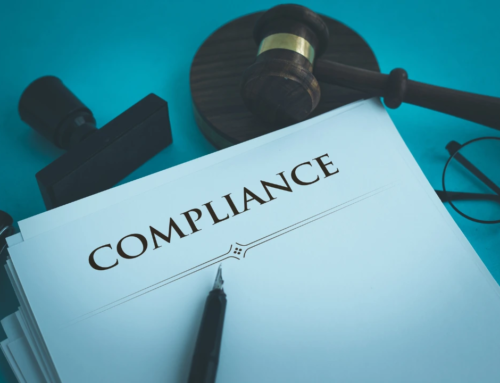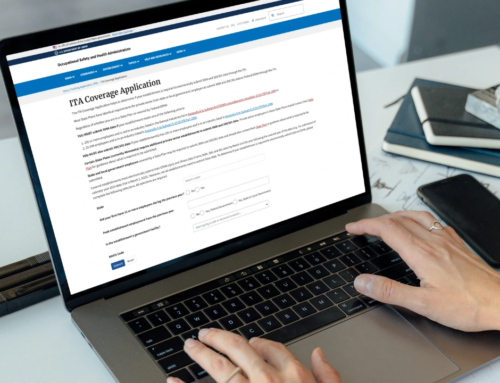On August 12th, 2022, the Inflation Reduction Act was passed by Congress. What’s included and not included in the 700+ pages of economic changes featured in the act? Read on to find out.
The bill bears its name because it aims to fight inflation with deficit reductions — which leads most people to ask, “Does it raise my taxes?” The good news is that the answer is no for a large majority of people. Taxes are changing, but not for average individuals.
Three significant provisions impacting corporations:
- 15% tax rate for Corporations with $1 billion or more in revenue
- 1% excise tax on stock repurchases (share buybacks)
- $80 billion more in IRS enforcement over the next 10 years
Senate Democratic leaders released a statement that said, “There are no new taxes on families making $400,000 or less and no new taxes on small businesses.”
Advantages of the Act
According to a USA Today analysis, the act provides some definite benefits for individuals, including:
- An Affordable Care Act subsidy extension through 2025: Under the ACA, the federal government currently subsidizes medical insurance premiums. These subsidies were scheduled to expire at the end of 2022 but have now been extended through 2025. According to the U.S. Department of Health and Human Services, approximately 3 million Americans were at risk of possibly losing their health insurance if this subsidy extension didn’t happen.
- Permission for Medicare to negotiate drug prices: This will reduce the price beneficiaries will pay for their medications. Starting in 2025, Medicare recipients will have a $2,000 cap on annual out-of-pocket prescription drug costs.
Climate Change & Clean Energy Offerings
The act proposes to invest $369 billion into measures to fight climate change, lower energy costs in the U.S., and increase energy security. Some of the key energy and climate provisions within the bill include:
- $9 billion in home energy rebate programs for consumers
- 10 years of consumer tax credits for energy-efficient homes and clean energy
- $4,000 consumer tax credit for lower/middle income individuals to buy used clean vehicles, and up to $7,500 tax credit to buy a new clean vehicle
- $1 billion grant program to make affordable housing more energy efficient
According to USA Today, the net result could benefit small businesses as they avoid the tax hike giant corporations now face. Additionally, the climate change benefits likely will encourage homeowners to upgrade to energy-efficient systems, and small companies typically do this work.
Dispelling the Rumors
As mentioned earlier, a key provision of the act is the substantial $80 billion increase in IRS funding over the next 10 years, which the bill’s opponents say will be used to investigate all taxpayers to squeeze every last dime to fill federal coffers. However, the administration has denied this. Treasury Secretary Janet L. Yellen sent a letter to IRS Commissioner Charles P. Rettig with the following paragraph:
“Specifically, I direct that any additional resources — including any new personnel or auditors that are hired — shall not be used to increase the share of small business or households below the $400,000 threshold that are audited relative to historical levels. This means that, contrary to the misinformation from opponents of this legislation, small business or households earning $400,000 per year or less will not see an increase in the chances that they are audited.”
Moving Forward
This post has only provided a broad summary of the bill’s many complex provisions. There are exceptions and exceptions to the exceptions. As with any significant act, accountants and lawyers will examine the details and implications in the coming weeks and months, with further guidance likely to follow. In the meantime, contact a qualified professional if you have any questions about how this act might affect you or your business.




